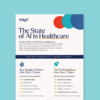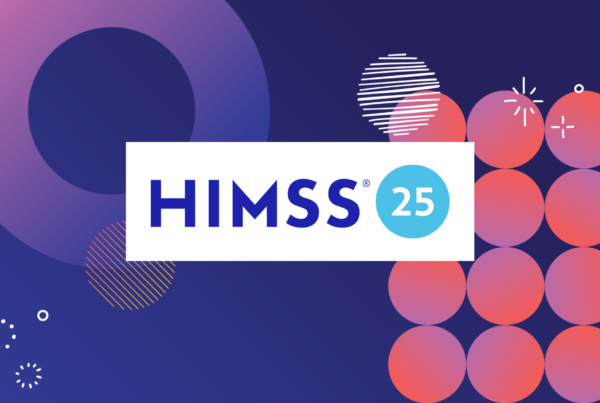THE NO SURPRISES ACT POSES NEW BURDENS FOR PROVIDERS
It may come as a surprise to specialty and emergent care providers, but the No Surprises Act presents new financial risks to their practice of medicine. While the law, which went into effect on Jan. 1, 2022, provides welcome billing protections for patients, it leaves providers open to heightened scrutiny about quality, new costs of doing business, and further limitations on reimbursement revenue.
RESOURCES TO HELP PRACTICES PREPARE FOR NO SURPRISES
The good news is that providers can proactively protect themselves and ensure practice growth—they just need to know how. Sage Growth Partners and Withum healthcare advisory have the answers.
In this compelling discussion, surgeons and healthcare strategists review:
- Initial steps to get practice staff and workflows in compliance.
- Impact of No Surprises Act on providers to date.
- Preparations for Independent Dispute Resolution arbitration.
- Necessary support, including legal counsel, marketing, and data collection.
Panelists

Reza Karimi, MD, Neurosurgeon, |

John Abrahams, MD, Neurosurgeon and President, |

Domenic Segalla, Healthcare Market Leader, |

Dan D’Orazio, CEO, |
INFOGRAPHIC: NO SURPRISES ACT: FOUR PIECES OF ADVICE
Quick-hit recommendations to prepare your practice for what’s coming.
ARTICLE: UNEXPECTED SURPRISES IN THE NO SURPRISES ACT: HOW PRACTICES SHOULD RESPOND
A Physicians Practice article that substantiates the risks providers face and offers five recommendations on how practices can prepare.
HOW MARKETING HELPS PHYSICIANS MAKE THEIR CASE IN NO SURPRISES ACT BILLING DISPUTES
Patients have a choice in the providers they entrust with their care. When it comes to the No Surprises Act—and practice in general—today’s move toward consumerism in healthcare requires small, medium, and large provider groups to proactively build brand awareness and position themselves against competitors.
For patients, awareness and choice of doctors are based on two important elements: a physician’s online presence and a public track record of quality. Both are effectively achieved through producing a regular stream of educational content on websites and promoting that content through social media, public relations, blogs, digital advertising, and videos.
“With respect to the No Surprises Act, you really want to try to capture your market share,” explained Reza Karimi, MD, a neurosurgeon with New Jersey Brain and Spine, “especially if you are in network with a plan that is economically more productive than some others. You don’t want those patients going elsewhere.”
In addition to attracting new patients, marketing is a viable means to create proof of quality during No Surprises Act reimbursement arbitration. Articles and videos of patient success stories, media placements of physician quotes and bylines, and a provider’s online reviews and ratings are examples that speak to outcomes, even as they generate patient volume.
Content and marketing should be a priority for all specialty medical practices. Contact us to learn more about a partnership with Sage Growth Partners.









